double test = Convert.ToDouble("39,618840");
this gives me a format exception, and I have tried using the Cultureinfo.invariantculture setting, it does the same.
double test = Convert.ToDouble("39,618840");
this gives me a format exception, and I have tried using the Cultureinfo.invariantculture setting, it does the same.
You have a trailing invisible character after the zero. Remove it.

Then, this works:
var culture = CultureInfo.GetCultureInfo("FR-fr");
var qty = Convert.ToDouble("39,618840", culture);
There are some invalid characters in that string.
Looking at the hex string we see the following:
"39,618840" --> 0x22, 0x33, 0x39, 0x2c, 0x36, 0x31, 0x38, 0x34, 0x30, 0xe2, 0x80, 0x8e, 0x22
And the characters actually look like:
"39,618840â€Ẑ"
if (myString.Contains(","))
myString = myString.Replace(",", "");
double mydouble = Double.Parse(myString);
Using the above method will parse a string into a double, your issue is the comma. If you intended for the comma to act as the decimal point, the following amendment can be made:
myString = myString.Replace(",", ".");